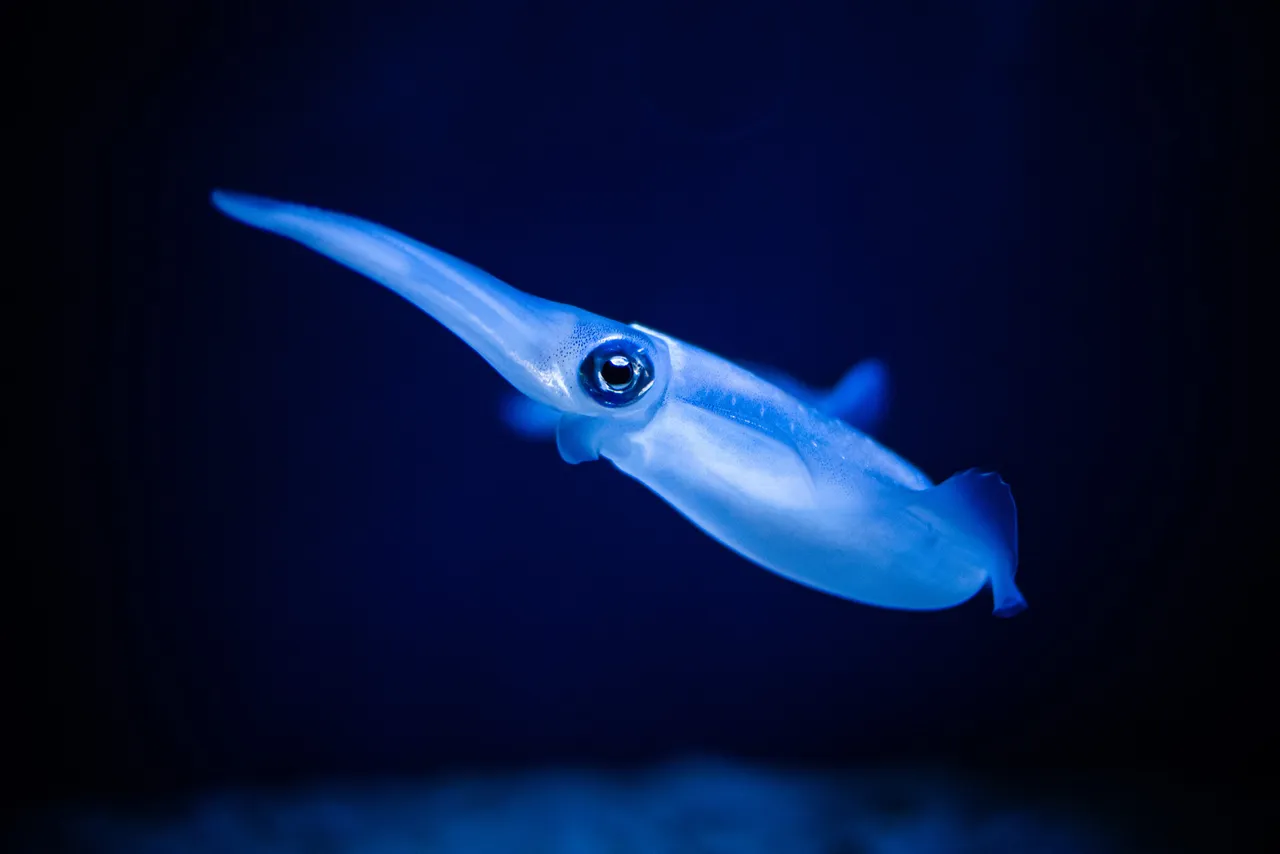
A shipment of fruits and plants that had gone through a DeRegger station was opened in a very large Alliance station. The plants were bound for a new section that had been added to the botanical garden there. Unfortunately, an unwanted guest came along with it. Within a month or so, that dreaded high-pitched sound that all humans from Earth knew all too well was starting to be heard. An invasive pest that bred rapidly anywhere there were pools for it to breed in had arrived. Humans called them Mosquitoes. -- Anon Guest
The stamps said, Inspected and Passed Regulations so the inspection team thought they were safe. In retrospect, they should have checked the point of origin. After all, Greater Deregulation means almost exactly what it says[1]. If they had known then...
This was just one of the many disasters associated with Greater Deregulation and their misuse of clearance codifiers. The Alliance would eventually learn that nothing was going to make Greater Deregulation comply with Alliance standards, and therefore enact procedures to keep the larger populace safe from hazardous Deathworlder infestations.
Of course the living plants were sent with water and soil. Live cargo was, to this particular brand of technophobic Dereggers, the only way to be certain it arrived fresh. Of course said water and soil was the best that this particular polity had to offer. It had passed all their inspections. It did not meet Alliance standards, but the Alliance was still learning about that particular loophole before closing it thoroughly.
The tiny insects managed to bypass all of the security measures already in place to prevent such outbreaks from infesting station biota. Some were too small for the filters to catch. Some hitched a lift on the inspectors' clothing. They were all immune to the pesticides deemed safe for Galactic use. Of course they were. Dereggers freely used toxins that were immediately hazardous even to Deathworlders.
The resultant plagues were curtailed by all station residents wearing Personal Protection Equipment, up to and including private livesuits, until the culprits were found. Flying, bloodsucking insects that plagued even Deathworlders with their untraceability and persistence. Initially identified collectively as mosquitoes, the infestation was later clarified to include midges and sand mites as well. There was also a small insect that had apparently evolved within that particular Greater Deregulation that the populace had collectively named bastards but was actually a subspecies of midge.
Since all of the above bloodsucking insects were also vectors for injecting highly dangerous pathogens, methods for their immediate control were urgently sought after. Some debated the efficacy of venting the entire atmosphere and restarting station biota from scratch. Since this was too expensive on an economic and emotional level[2], other methods were researched.
Many Terran spiders were just as hazardous to the station residents as the problem insects. Extant, on-station predators did their part, but they did not completely eliminate the problem.
It was a shipload of scavengers who bought salvation in the form of a low-grav, atmospheric squid-mimic that used bladders of hydrogen to float and jets of air to move about. The onomatopoeacally-named fhitts could adapt to environments with gravity and soon began hunting the problem insects with impunity.
The next problem was going to be how to deal with the population explosion of fhitts, but at least the gem-like beings were less of a problem than the bugs.
[1] Greater Deregulations are universally in favour of deregulating how clean drinking water must be, how many toxins are in the air, and what wealthy people are allowed to do that the more common throng are not. They are, however, in favour of strictly regulating what happens to apparently female bodies from the moment those individuals take their first breath. They are among the many unfortunate polities who control heredity by controlling the owner of the uterus in question.
[2] Some pest control methods are alive and therefore gain the same emotional protection as pets, regardless of how wild they are in situ.
[Image (c) Can Stock Photo / Nejron]
If you like my stories, please Check out my blog and Follow me. Or share them with your friends!
Send me a prompt [88 remaining prompts!]